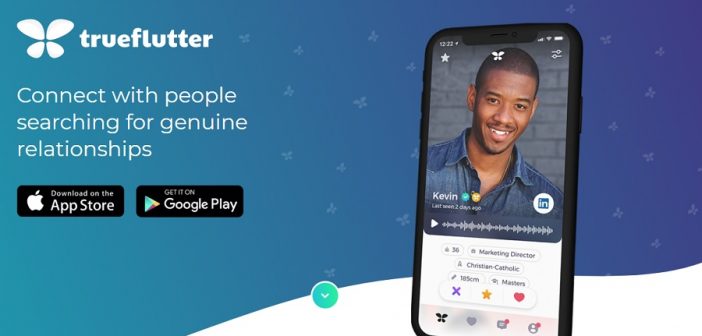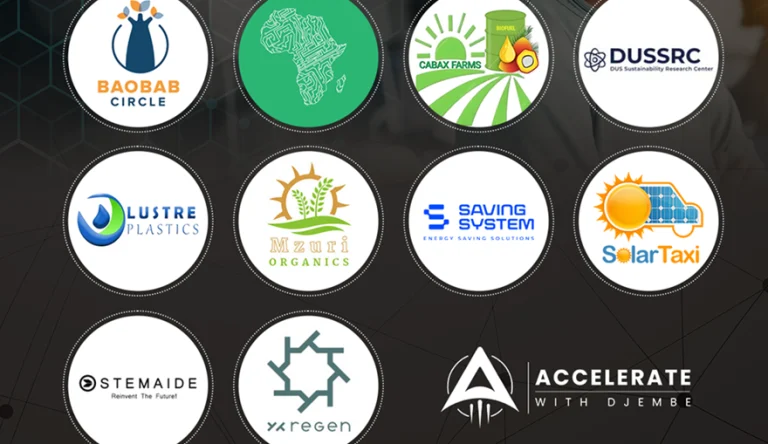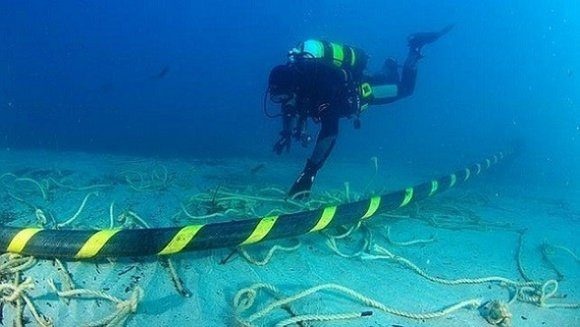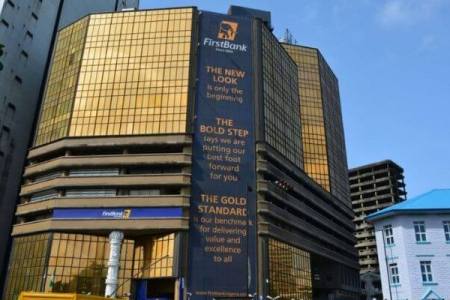To eliminate the gender digital gap in Africa, UN Women and IamtheCODE collaborate.
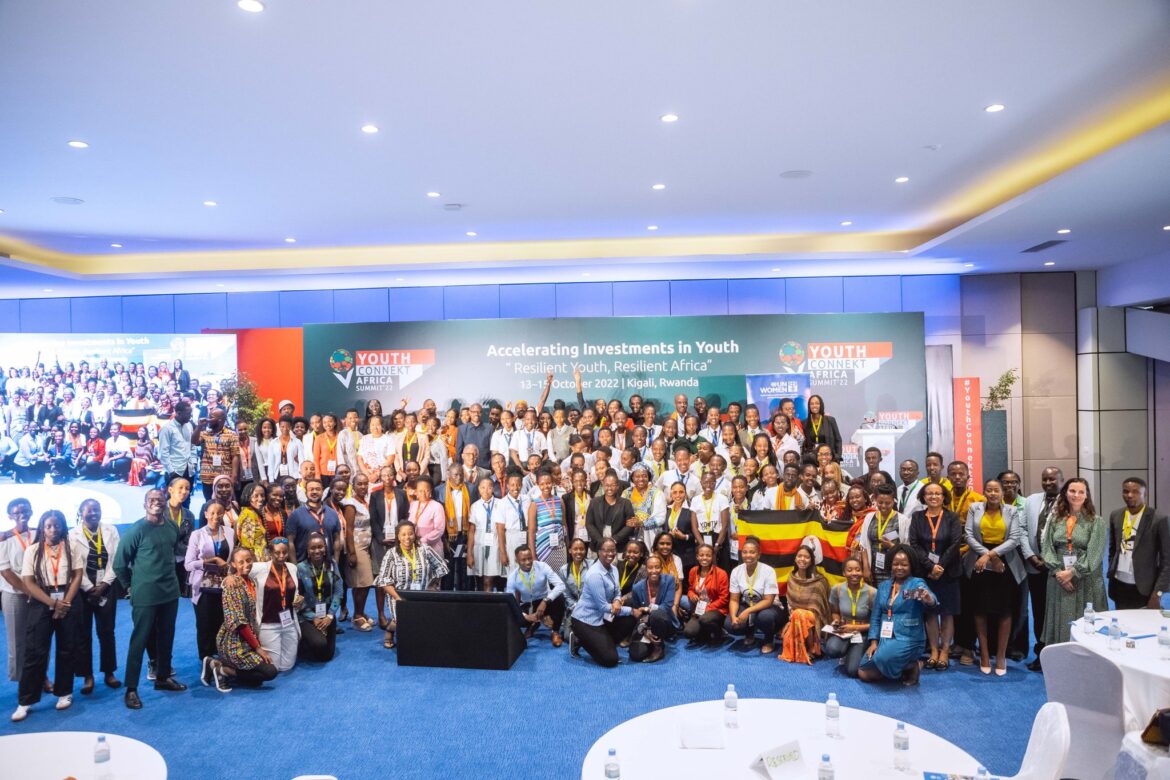
IamtheCODE and the UN Women Regional Office for East and Southern Africa have joined forces to address the gender gap in digital technology in Africa.
A two-day hackathon that just ended in Johannesburg, South Africa, had as its goal providing 102 high school girls from townships in the province of Gauteng with digital literacy skills that would give them an advantage in life.
The main goal was to promote young girls and women as innovators who would advance gender equality and women’s and girls’ empowerment through digital literacy. The girls were to provide cutting-edge technological solutions to any of the 17 Sustainable Development Goals for the hackathon.
The CEO and Founder of iamtheCODE, Baroness Mariéme Jamme, stated: “This digital era provides an opportunity to do so. It is crucial for the future generation to be at the forefront of offering solutions contextualized for Africa.”
Madam Basetsana Kumalo, a South African media figure, winner of a beauty contest, and successful businesswoman, also attended the hackathon. She inspired the girls to be bold in pursuing their aspirations despite their origins by sharing her experiences growing up in Soweto.
Zebib Kavuma, the Deputy Regional Director, UN Women Regional Office for East and Southern Africa highlighted that the digital divide between girls and boys as a key challenge leaving women and girls unable to take advantage of the new digital world’s opportunities as they have much lower access to technology than men and boys. In her speech she said, “you need to believe in your skills and ability to be leaders in the digital space and utilize spaces such as this hackathon to learn and grow”.
The SDGs were broken down on the first day of the hackathon to help the young women comprehend the challenging goals the UN has set for sustainable development by 2030. The conversation helped the participants better comprehend the implications of the goals for South Africa and the continent as a whole, thereby enabling them to develop useful solutions.
The mentors also taught the girls how coding kits operated and provided them the chance to put them together as part of learning about the external and physical hardware components. The mentors were high school teachers chosen from schools in the Gauteng area.
Thembelihle Nleya, one of the participants, stated: “I’ve always had a passion for coding but didn’t have access. My school is to thank for my presence here today. I have a lot of fun tinkering with computers and hope to become a programmer in the future. I’ve enjoyed being a part of the hackathon these last two days because I got to learn about the SDGs and explore my goal a little. I hope more girls could benefit from the education and transformation that these kinds of programs provide.
The girls were prepared to discuss their creative approaches to solving SDG issues through app ideas on the second day. Students were to put together a presentation on the SDG of their choosing and suggest a technological fix. The students carefully selected their presentations, and a distinguished panel of judges evaluated their concepts and answers. The iamtheCODE kits allowed the girls to practice coding, which improved their comprehension of how coding functions.
The three winning teams were announced by the judges after the hackathon, with the yellow team taking first place. All the girls received gift baskets at the hackathon’s conclusion to honor their growth and accomplishments. With the iamtheCODE digital platform, hackathons, mentoring, and customized programs, the cooperation between UN Women and iamtheCODE aims to empower young women and girls in Africa by altering their career paths, fostering STEM competencies, and increasing community engagement. UN Women will keep looking at new opportunities for working with iamtheCODE to promote young women and girls’ digital literacy abilities.



